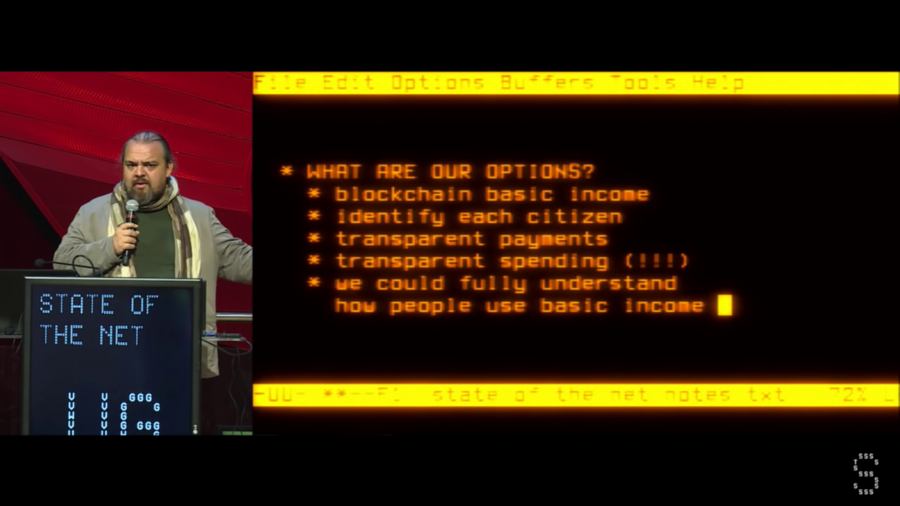This idea of (re)performing the posthuman was pretty much based on a desire to talk about the cyborg ten years after, or fifteen years, twenty years after the Cyborg Manifesto and Katherine Hayles’ book became famous. And to really—yeah, to talk about maybe the normal cyborg, the normal technologized body. You know, technology in the everyday and its implications for the way we perceive and experience our bodies.
Archive
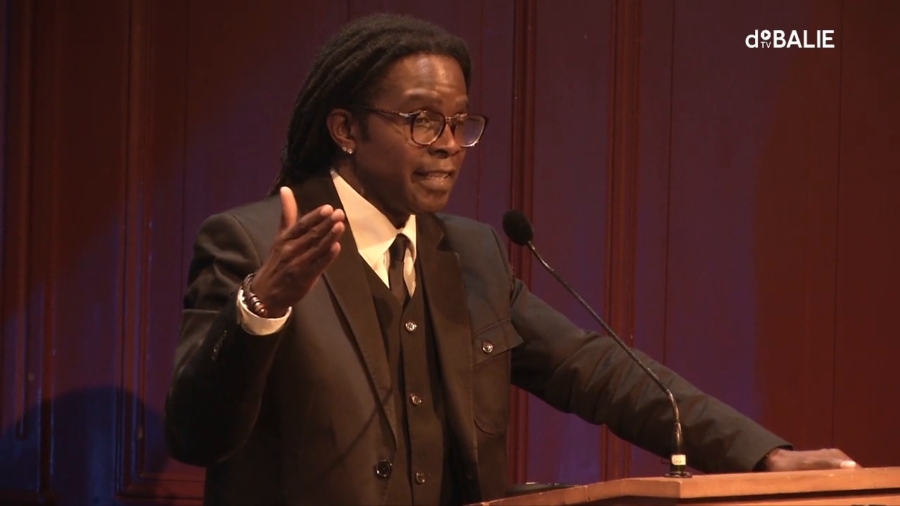
When you look at this film you will recognize that it’s part of a tradition that says we have to think the planet, and we have to stop thinking the Earth. Thinking the Earth is actually thinking the world in terms of distinct civilizations, in terms of continents, in terms of ownership. Who owns culture, who owns land, and how they exploit land and culture and so forth.
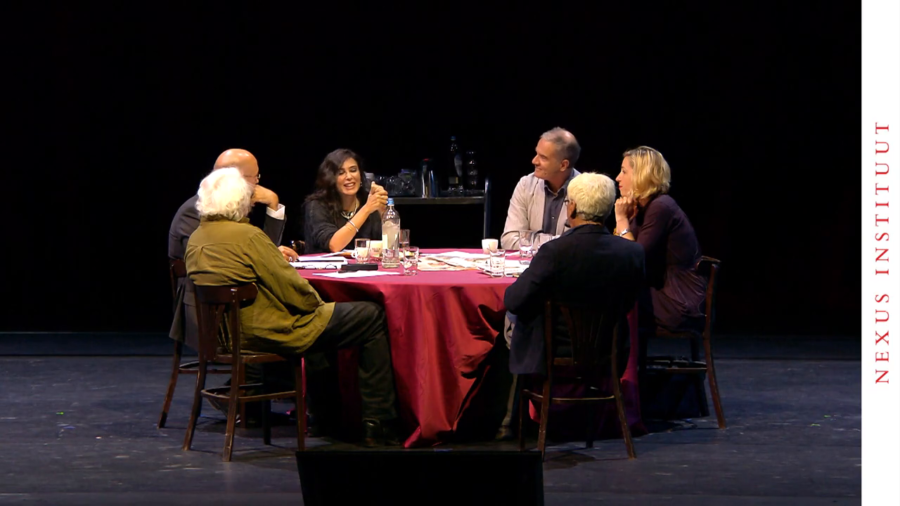
There are these two basic fundamental fears, these ur-fears that are rippling through our societies. The first is the fear of complexity, and the second is the fear of change.
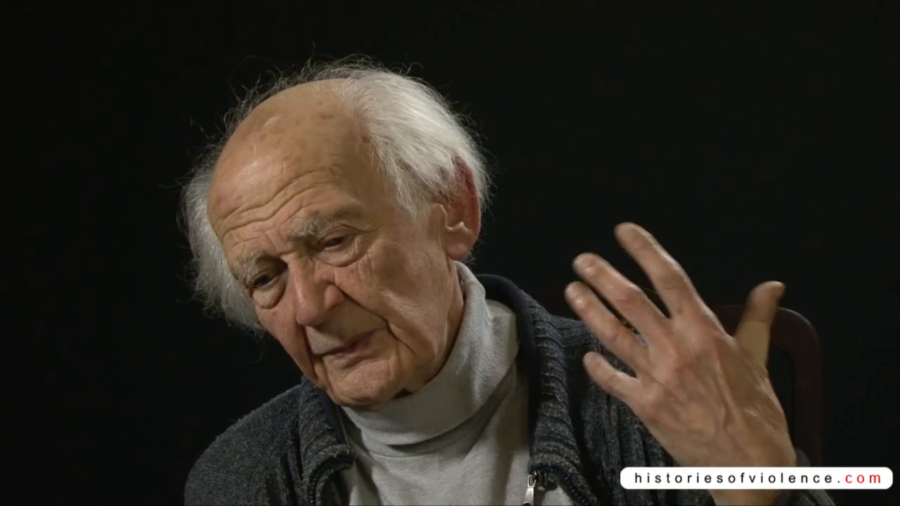
In pre-modern societies there was no idea of waste; everything was going back into life—recycled, as we would say today. If there were more children coming into the world in a family, then obviously there was room for them, and extra work somewhere in the farmyard, in the field, in the stable. And of course a place around the table. So the idea of being redundant, having no place in society, simply didn’t occur.
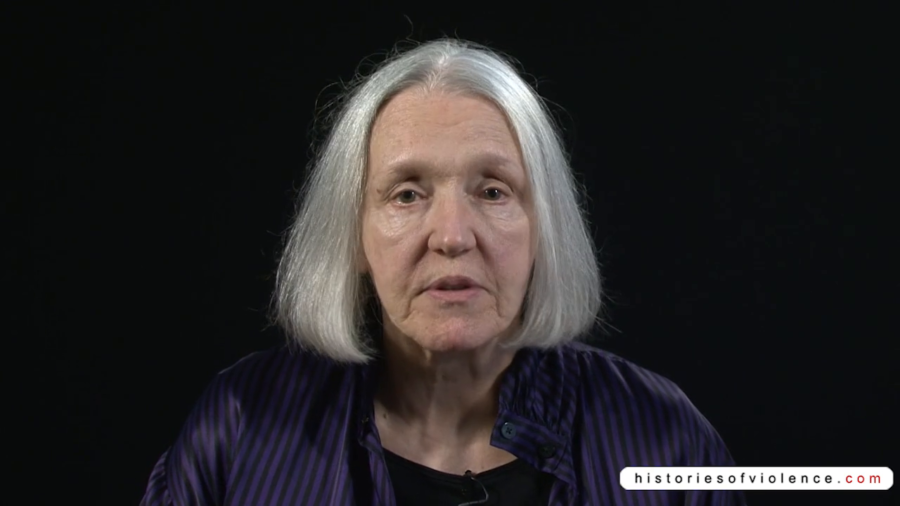
Disposable life. What comes to my mind is a set of dynamics, I think, that are marking the current period, that are marking a difference in the current period. And it is the multiplication of expulsions. And once something is expelled (and I’ll elaborate) it becomes invisible. And that is part of the tragedy, I think.
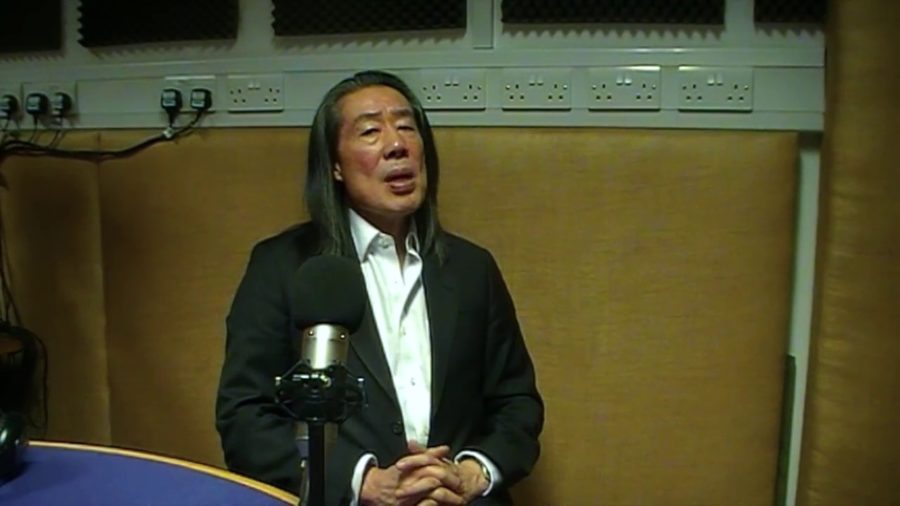
A number of Islamic states had revolutions that turned them in a particular post-war direction. And in this post-war direction the emphasis was on two key things. The first was modern development. In this sense it meant catching up with the metropolitan Western world. And the second driving force behind all of this was the assumption that this would be best done by instituting secular states.
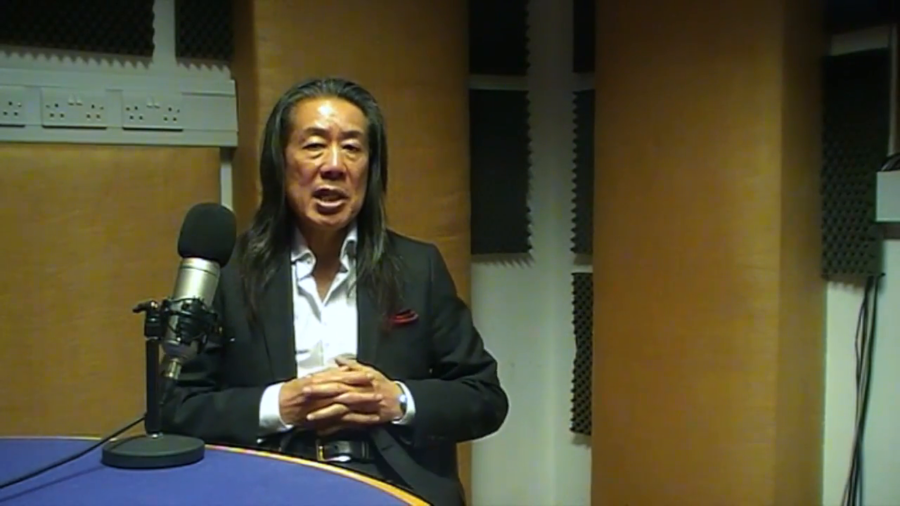
To secularize the state is not simply a magical operation that happens at the wave of a hand. You’ve got to desacralize the state.


